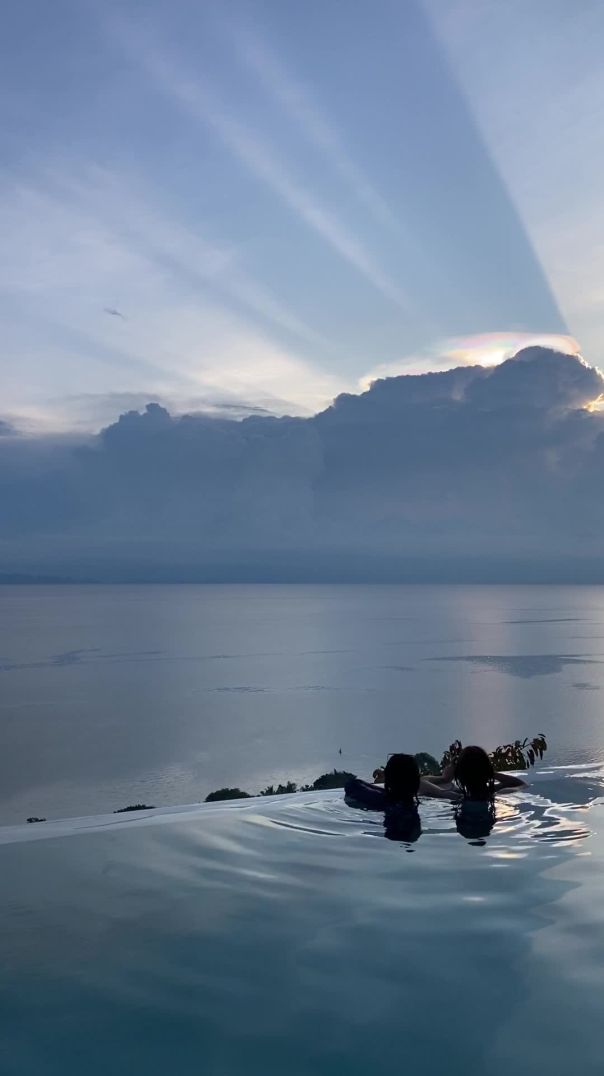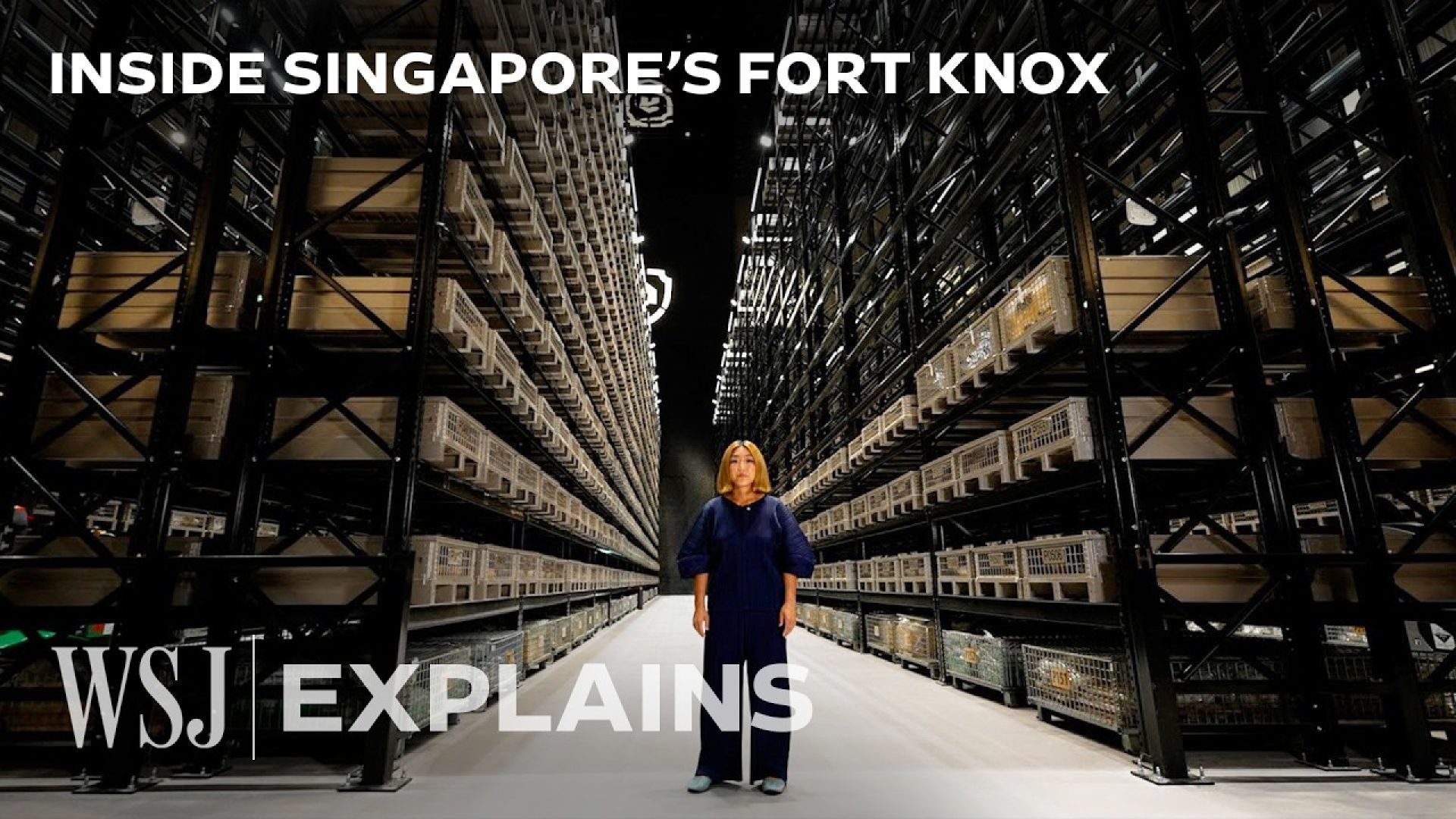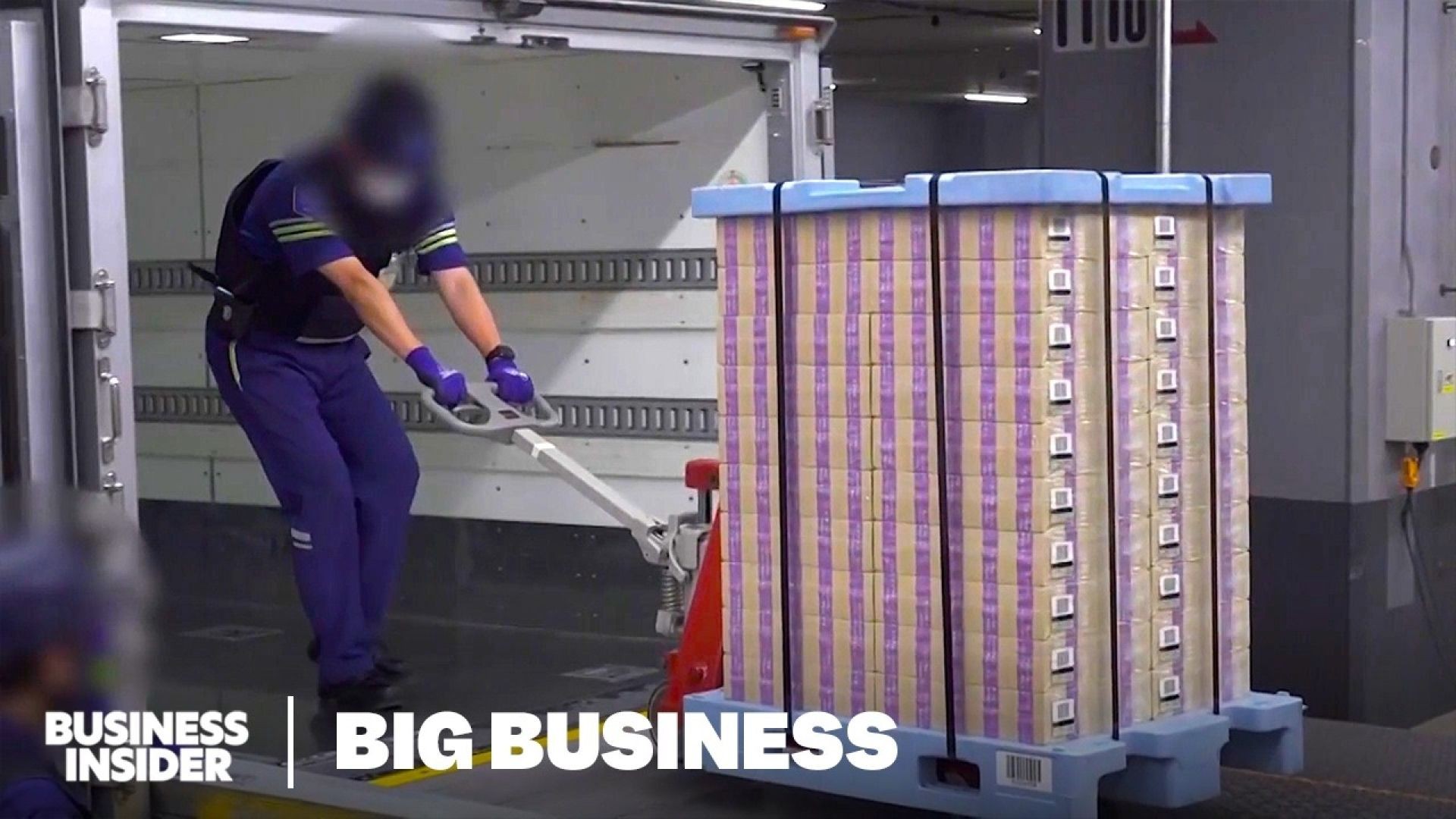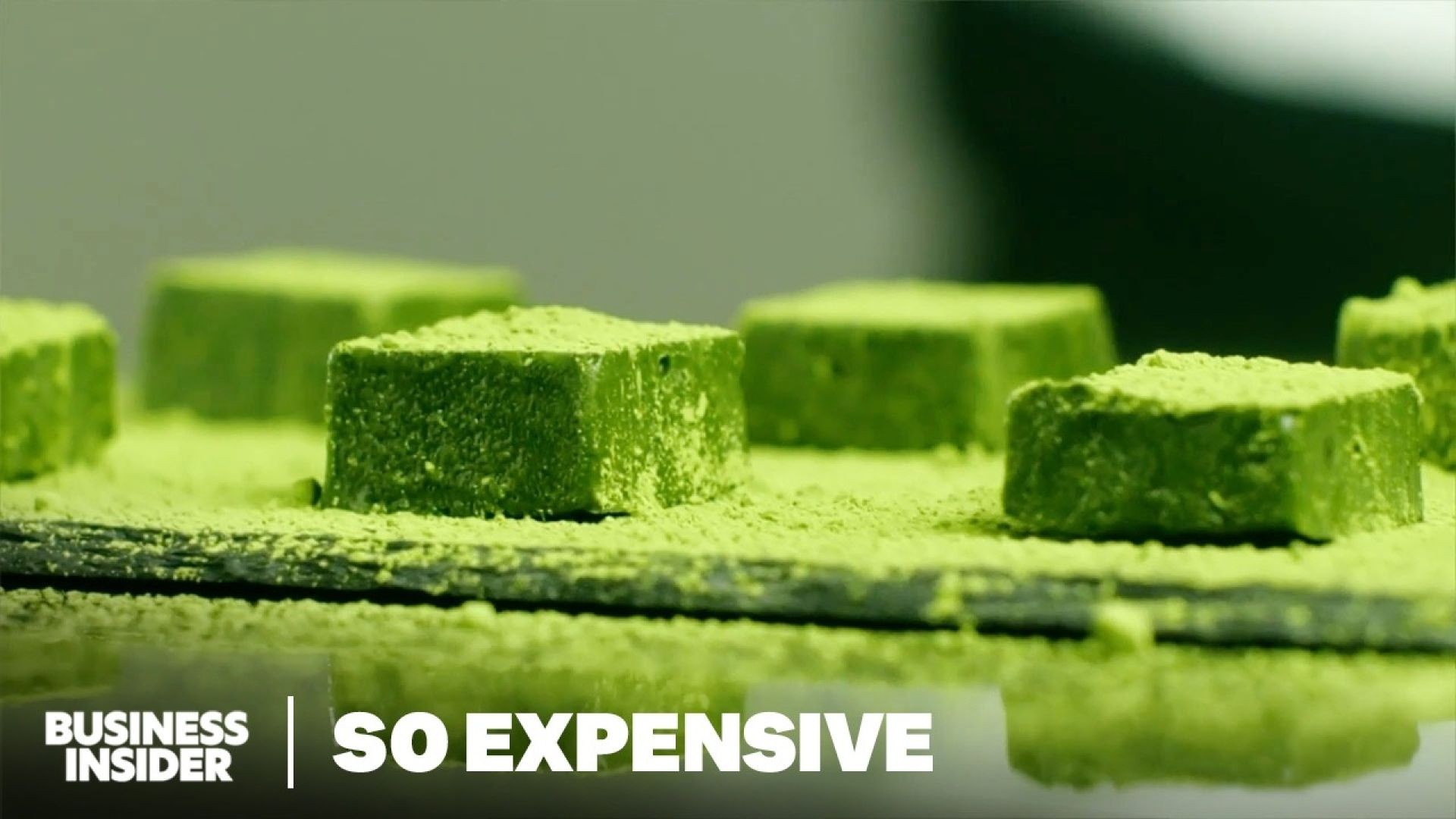80.9K Views· 04 April 2025
💰 Why Do Rich Countries Dump Their Ships? 🚢 The Hidden Truth About Shipbreaking
When massive cruise ships, oil tankers, and cargo vessels reach the end of their lifespan, what happens to them? Many are quietly sent to developing countries, where they are dismantled in dangerous and highly polluting conditions. This practice, known as shipbreaking, is a multi-billion-dollar industry that operates in places like Bangladesh, India, and Pakistan, but it comes at a massive human and environmental cost.
🚢 The Hidden Truth About Shipbreaking
Every year, hundreds of old ships are decommissioned, but instead of being recycled in regulated shipyards, many are sold to scrap dealers who send them to unregulated beaches in South Asia.
🔹 90% of global shipbreaking takes place in Bangladesh, India, and Pakistan
🔹 Workers manually tear apart ships using simple tools—with no protective gear
🔹 Toxic waste, oil, and asbestos spill into the ocean and surrounding communities
🔹 Rich nations avoid environmental regulations by selling old ships to shady buyers
It’s a dangerous and exploitative system that allows major corporations to avoid responsibility.
💰 Why Do Rich Countries Dump Their Ships?
1️⃣ It’s Cheaper Than Recycling Properly
Disposing of a ship in a regulated European or American shipyard is expensive due to labor costs and strict environmental laws.
✅ Recycling in the West: Costs up to $150 per ton
❌ Dumping in South Asia: Buyers pay for the ship and make money selling scrap metal
2️⃣ Loopholes in Maritime Law
Many ships are sold to third-party buyers, who re-register them under different flags (Panama, Liberia, etc.), making it hard to trace who’s responsible.
🔹 “Flag of Convenience” system allows shipowners to avoid regulations
🔹 Fake companies buy ships, scrap them, and disappear
3️⃣ High Demand for Scrap Metal
South Asian countries have a huge steel industry that relies on recycled metal from old ships. The scrap metal is used for:
✅ Construction (bridges, buildings)
✅ Rebar and industrial materials
✅ New ships and vehicles
Shipbreaking yards provide cheap raw materials, but at a devastating cost.
☠️ The Human Cost: Dangerous Jobs, Toxic Waste, and Death
Workers in Bangladesh’s Chittagong, India’s Alang, and Pakistan’s Gadani face horrific conditions:
⚠️ No safety equipment – Many work barefoot with basic tools
🔥 Risk of explosions – Leftover fuel and chemicals often cause deadly fires
🤒 Toxic exposure – Workers handle asbestos, lead, and mercury without protection
⚰️ Frequent fatalities – Hundreds die or suffer life-altering injuries every year
In 2016, a massive oil tanker explosion in Pakistan killed over 30 workers—just one of many deadly incidents.
🌍 Environmental Disaster: Poisoning the Ocean and Land
Shipbreaking contaminates entire coastlines, affecting marine life and local communities.
🛢️ Oil, lead, and heavy metals leak into the ocean
☠️ Asbestos and toxic dust poison workers and nearby villages
🐠 Fisheries collapse as pollution kills marine ecosystems
🚫 No waste disposal regulations – Everything is dumped into the environment
Rich nations outsource pollution while claiming to support sustainability and green energy.
⚖️ Can This Be Stopped? Solutions & Global Efforts
Efforts to regulate shipbreaking exist, but loopholes and corruption keep the problem alive.
🚢 The Hong Kong Convention (2009) – Sets safety standards, but most nations haven’t ratified it
🚫 EU Ship Recycling Regulations – Forces European ships to use regulated yards, but many owners evade the law
🌱 Green shipbreaking yards – Turkey and China have safe, eco-friendly alternatives, but companies avoid them to save money
The real solution? Stronger enforcement, holding shipowners accountable, and investing in ethical recycling alternatives.
🔚 Final Thought: Who Pays the Price?
The luxury cruise ships that once hosted millionaire tourists and the oil tankers that fueled the world’s economy don’t just disappear—they end up on toxic beaches, where the poor risk their lives to take them apart.
💬 Should governments ban unsafe shipbreaking? Should corporations be forced to recycle ethically? Let’s discuss! 🌍⚠️



























69 Comments
Herbaniq Nutraceuticals
19 days agostudents braces package singapore
23 days agoJacson Sanders
24 days agokitelias38790
24 days agoBretCobbs
25 days ago